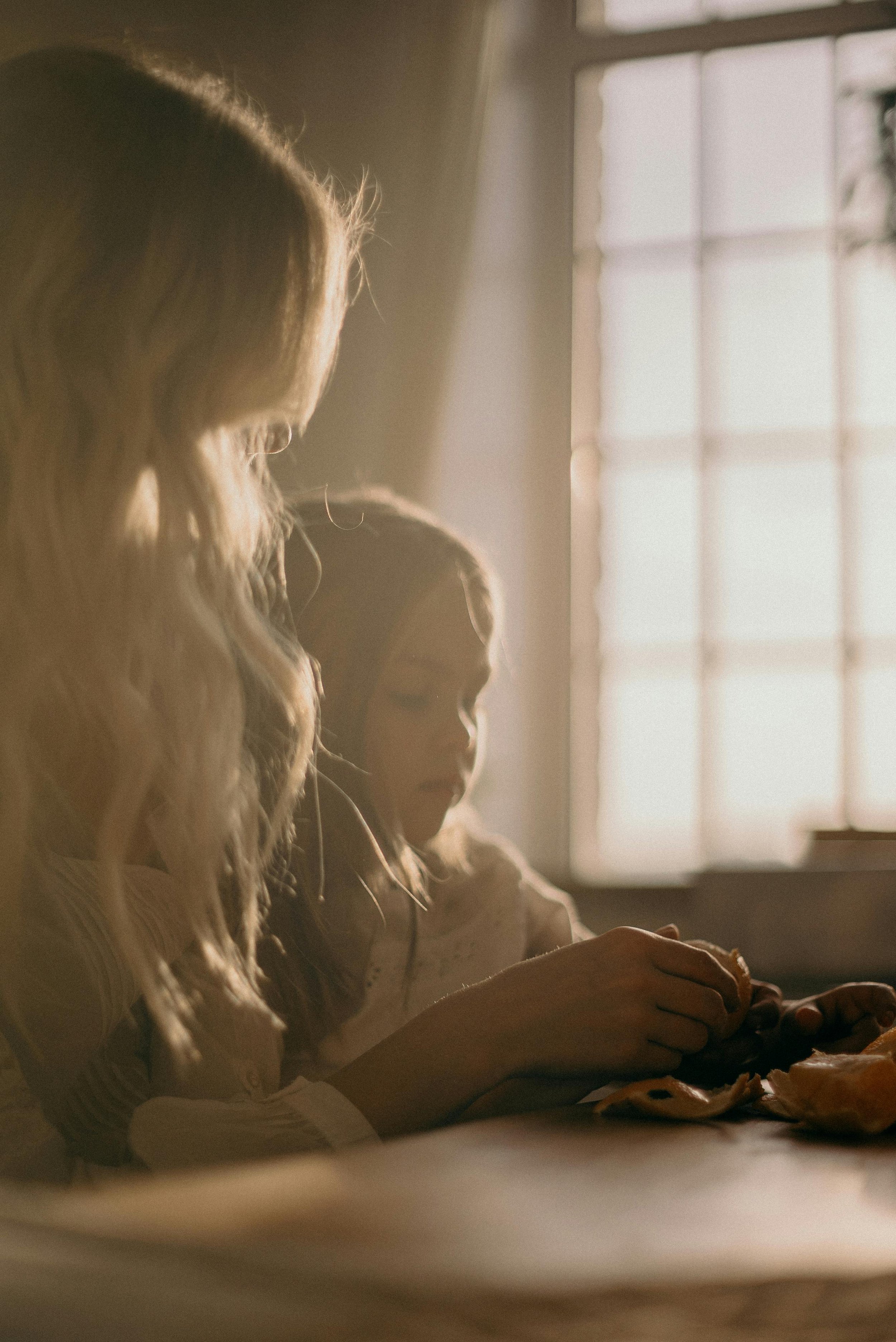Too Grown for Our Own Good: Re(membering) the Parts We Left Behind
Somewhere along the way, many of us became too good at being adults. We became fluent in the skills of managing, fixing, pleasing, and performing. We learned how to hold it all together—to be responsible, capable, and tough. But in doing so, something quietly slipped out of reach: the tender, playful, feeling, free parts of us that once led with curiosity, wonder, and emotional truth.
We call this adultification. It’s what happens when our ego, in an effort to protect us, trades authenticity for adaptation. We become who we needed to be in order to belong—hyper-functional perhaps, but often disconnected from our inner emotional world. And while these strategies once kept us safe, they can now prevent us from accessing the deeper wholeness and freedom we long for.
Inner child work is the brave, compassionate practice of returning to the parts we left behind—not to blame the past, but to heal its lasting imprint. Neuroscience shows our early experiences shape our nervous systems; revisiting them with gentleness loosens old patterns and opens space for joy, aliveness, and belonging.
In therapy, I invite reflection with a simple but profound question: “Unto what?” If we believe we are here for what Mary Oliver describes as This One Wild & Precious Life, what are we shaping it toward? Many of us learned as children to be celebrated for how well we do—how helpful, responsible, or accomplished we are. But over time, we can lose connection with the being part of us: the unfiltered, creative, feeling and relating self that existed before performance became our passport to love.
Slowly, many of us have traded our essence for the currency of affirmation—even when it costs us our authenticity. Inner child work invites us to reclaim that lost self, not because it’s childish, but because it’s true.
Our summer open house series began with an evening of art and storytelling—reminders that healing doesn’t only happen through words, but also through creativity, presence, and shared experience.
This Monday, CJ Ritner will guide us through a session titled “The Art of Re(memberence).” We’ll explore what it means to bring back the parts of ourselves that may have been silenced, hidden, or forgotten. This is about more than nostalgia—it’s about reclaiming the truth of who you are.
Together, we’ll unpack how our early wounds can show up as current patterns and symptoms—and how, underneath it all, is often a younger part of you longing not just to be seen, but to belong.
As always, our gatherings invite creative expression, shared reflection, and community care. You’re welcome exactly as you are. No level of participation is required—just your presence.
Keep walking with us—through this series, in individual sessions, and in open houses—as we continue to explore how inner child work offers a powerful path back to wholeness.
Come as you are.
No part of you is too much, too messy, or too late to be reclaimed.


